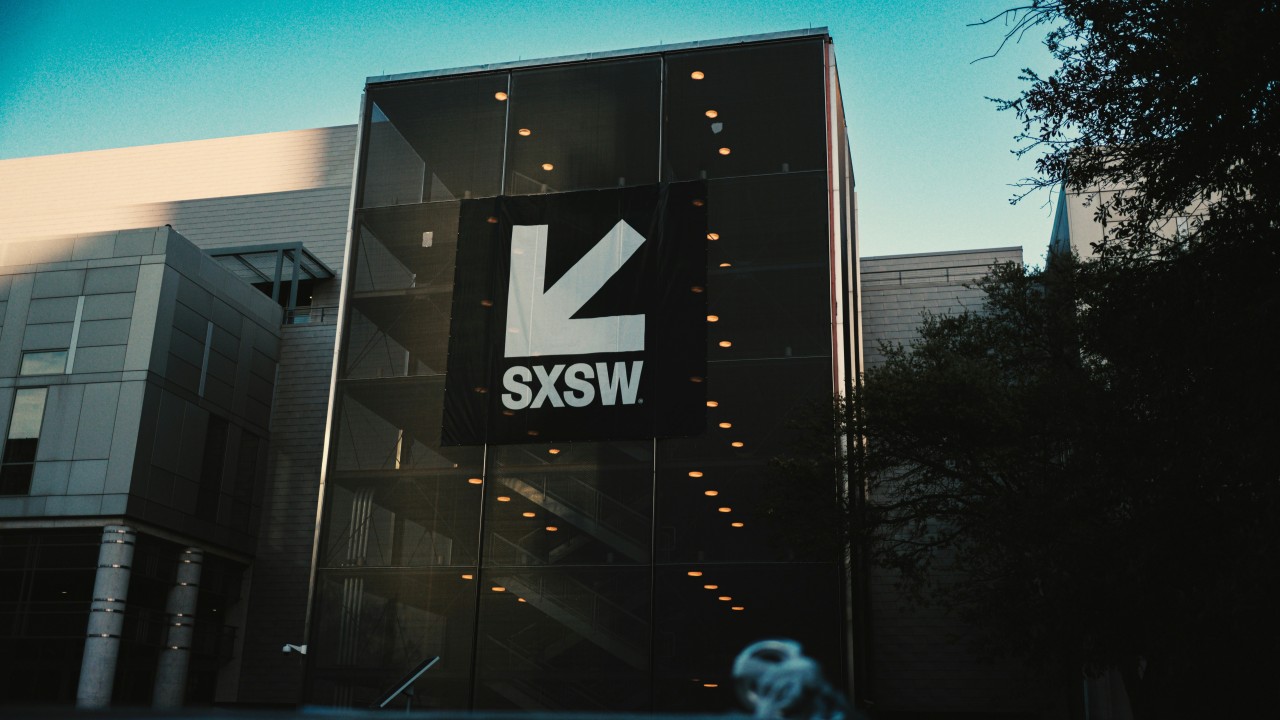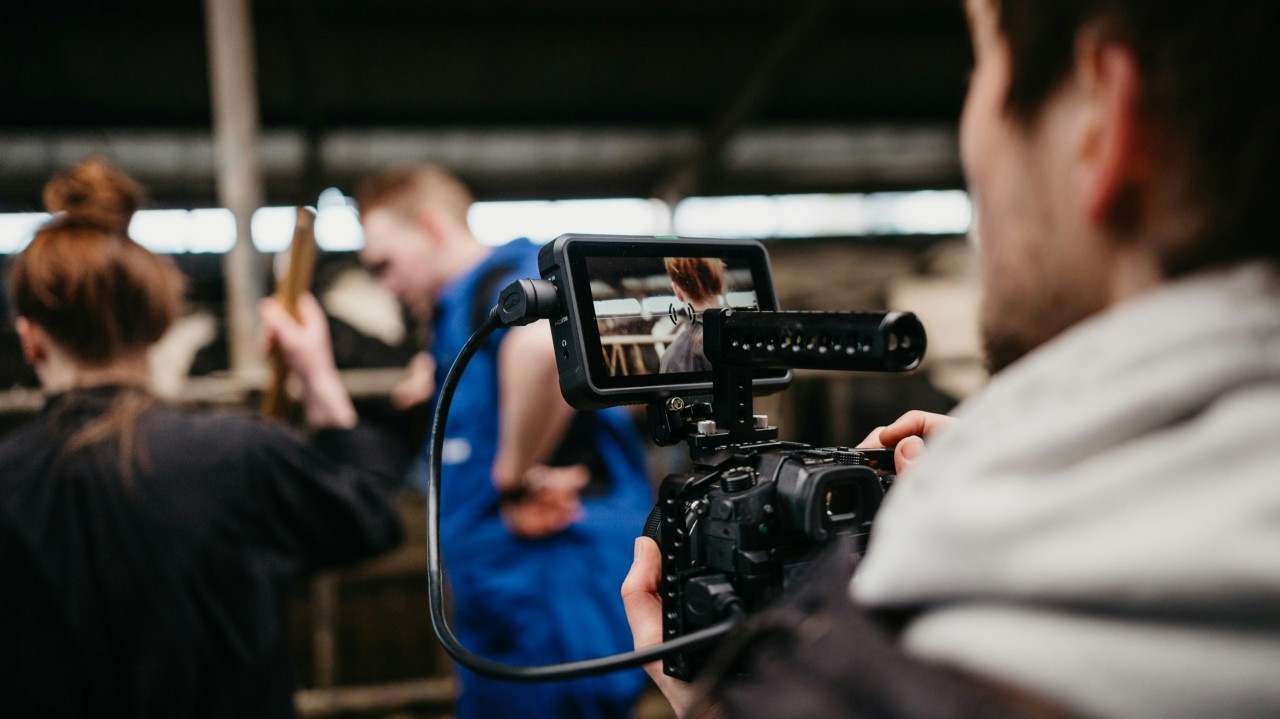Q&A: How to Win Awards for Your Clients and Why it is Necessary

This Q&A was originally published in Everything PR News.
In the last three years, Don F. McLean has helped colleagues, clients, and his current brands win more than 32 awards for their work. In our conversation, he discusses his approach to award nominations and how to see them through to the win. Applying for awards has long been a function of public relations, but Don shares his knowledge of the process with a conviction that is unexpected.
Here are Mr. McLean’s tips for finding and winning awards:
Why are winning awards important?
First, let me be clear. Awards are not for the winner. Awards reassure the people that you’ll work with in the future. It’s all about perception. I am a rather humble guy, and have worked with many humble people who have never been nominated for an award before. However, once I interviewed them, understood their story, and told it in an impactful and relatable way, they would start winning awards almost instantly.
In one instance, I had someone tell me that I actually needed to stop nominating them for awards.
Recognition is nothing new, but its importance across all industries remains strong. When someone wins an award, it elevates that person or company in the hearts and minds of those that are considering working with them.
Additionally, it can lead to other opportunities.
When I was recognized as a member of the Elite 40 class in Oakland County, Mich. for instance, the local American Cancer Society chapter tapped me to be an ambassador for their Real Men Wear Pink program. With this, I have been able to make a strong impact in the community, connect with new people, and raise much-needed funds for fighting breast cancer. It’s amazing what a little bit of recognition can lead to.

How do you approach an awards program?
First, remember that if you don’t nominate someone (or yourself) for an award, they can’t win. In other words, you lose 100 percent of the awards you don’t apply for. Many people don’t understand this. They believe that if their work is strong enough, awards will come to them. While this can be true in certain circumstances, it’s not true for a majority of people. You have to nominate or be nominated, and approaching the nomination process for an award is an art and a science.
The art is gathering your stories. And, by this, I mean that you have to think of all the situations that were tough, that nobody wanted to do, or those that had the most visibility to the public or other leaders. If you wrote a book on cybersecurity, that is part of your story. If you volunteered every Saturday to help package food for the hungry in your local area, that is part of your story. If you created a $1,000,000 grant to help in the development of a coronavirus vaccine, that is part of your story.
Once you gather your stories, you need to identify the elements that are measurable – the science. Nominations need to have great stories and intriguing writing, but they equally need measurable components that highlight the impact of your efforts.
How do you find the right awards to apply for?

As you can imagine, this is highly dependent on the specific line of work. However, I like to start local and allow the person or company to be a “hero in their hometown” first.
Local awards tend to be a bit more general, allowing for a wide variety of industries and experiences to apply. These awards range of people who are elevating the region, have a great place to work, are excelling in their roles based on age group, and the like.
Once an award like this is garnered, it becomes easier to move on to nominating for trade awards and national awards, respectively.
What do you do when you find an award is not a right fit? Do you do anything with those?
Absolutely. Many times, I’ll let an old friend or colleague know about something that may be a fit for them. Sales master Zig Ziglar once said, “You can have everything in life you want, if you will just help other people get what they want.” With this in mind, I’m always looking to help others achieve their goals.
On the same token, sometimes there are other ways to get involved. Take the Digital Health Awards for instance. I was researching the nomination process for this program, and after finding out that my company wasn’t a fit, I applied to be a judge.
This gave me greater insight into what judges are looking for and has helped me become a stronger award nomination strategist and writer.
How do you make an award submission stand out?
Copywriting legend Joseph Sugarman wrote something in The Adweek Copywriting Handbook that has always stuck with me. He said, “the sole purpose of the first sentence… is to get you to read the second sentence.” And, do you know what the purpose of the second sentence is? To read the third, and so forth.
Every word and every sentence must have purpose to make a stronger and compelling piece.
I also find that the strength of the background materials and an applicant’s LinkedIn profile makes a large difference. I could spend days talking about strategies for making your LinkedIn profile stronger.

What if they don’t win the first time?
Consider it a test. You didn’t fail, you just get a chance to try again. In fact, you can try as many times as you want. There is nobody to tell you that you can’t apply for an award, other than yourself.
Long ago, my father raised me around a “don’t tell yourself no” philosophy. With so many people in the world to shut down your idea, it’s up to you to say “yes” to yourself and keep pushing forward. If you’re not selected for an award, re-evaluate it.
Take a critical look to understand why and find ways to make it stronger. Then, apply again until you win.
Our Latest
blogs & news
.png)
McLean Media has been named PR Agency of Record for Lofty Pops, a Michigan-based, better-for-you ice pop brand expanding nationwide. Founded by siblings Natalie Heiter and Phillip Stakich, Lofty Pops offers chef-crafted, allergy-friendly ice pops made with real, thoughtfully sourced ingredients. McLean Media will lead national media relations to support the brand’s continued growth and visibility.

A late-night decision, a lesson passed down, and a reminder not to self-disqualify. Don F. McLean shares how an unplanned pitch turned into a speaking spot at SXSW 2026 and why saying yes to yourself matters more than perfect timing.

Generative AI tools like ChatGPT and Google AI Overviews increasingly pull from earned media to shape answers about your business. Strong PR, structured content, and press coverage ensure your brand shows up with credibility—even when you’re not in the room.

